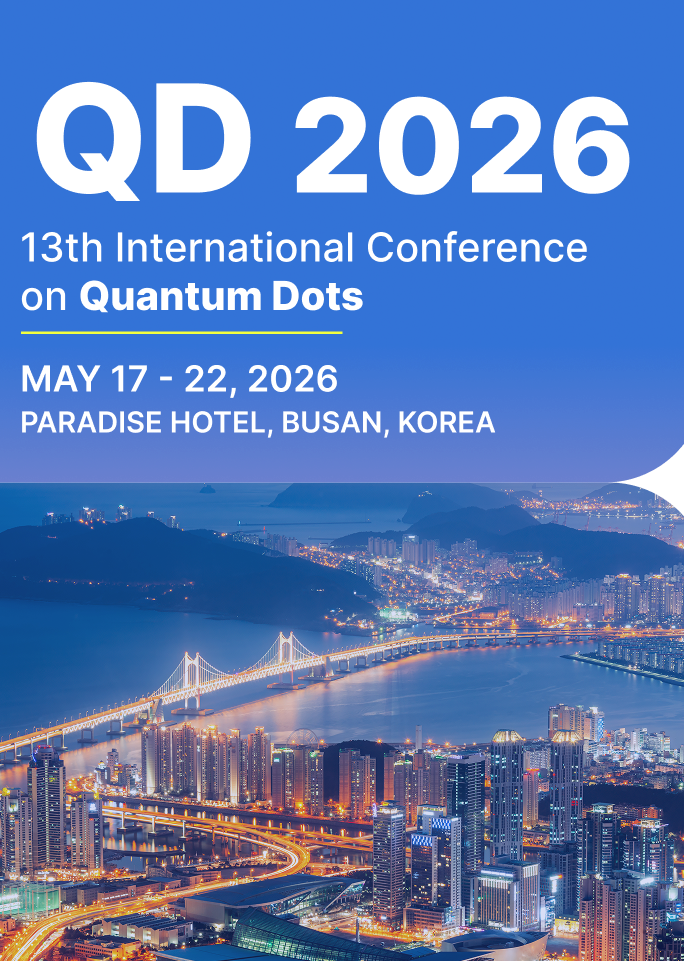48th ISTANBUL World Congress on “Business & Management Studies” (WCBMS-25) Dec. 15-17, 2025 Istanbul (Türkiye)
WCBMS-25
- URL: https://fahss.org/conference/333
- Event Date: 2025-12-15 ~ 2025-12-17
- Submission Date: 2025-12-01
- Organizer: FAHSS
- Location: Istanbul, Turkey
International Business Strategic Management Business, Economics & Management (General) Development Economics Emergency Management Aviation & Aerospace Engineering Disaster Management
Call for papers/Topics
Topics of interest for submission include any topics related to:
I. Strategic Management & Leadership
- Strategic Planning in a Dynamic World: Agile strategies, scenario planning, navigating geopolitical shifts, and managing uncertainty.
- Leadership in the Digital Age: Digital leadership, leading remote and hybrid teams, ethical leadership, inclusive leadership, and nurturing future leaders.
- Organizational Resilience & Crisis Management: Building robust organizations, business continuity planning, and leading through disruption (e.g., pandemics, supply chain shocks).
- Mergers, Acquisitions & Alliances: Strategic rationale, integration challenges, and value creation.
- Corporate Governance & Ethics: Board effectiveness, stakeholder engagement, corporate social responsibility (CSR), business ethics, and anti-corruption.
- Change Management & Organizational Transformation: Leading large-scale organizational change, managing resistance, and fostering adaptability.
- Innovation & Entrepreneurship:
- Open Innovation & Collaborative Ecosystems: Partnering with startups, universities, and other organizations.
- Corporate Entrepreneurship (Intrapreneurship): Fostering innovation within established companies.
- Startup Ecosystems & Venture Capital: Scaling startups, entrepreneurial finance, and support systems.
- Disruptive Technologies & Business Model Innovation: AI, blockchain, IoT, metaverse, and their impact on business models.
II. Human Resources Management & Organizational Behavior
- Future of Work: Hybrid work models, remote work strategies, gig economy, automation's impact on jobs, and reskilling the workforce.
- Talent Management & Workforce Development: Attracting, retaining, and developing talent in competitive markets; talent analytics and succession planning.
- Diversity, Equity, and Inclusion (DEI): Building inclusive workplaces, managing diverse teams, addressing unconscious bias, and promoting equity.
- Employee Well-being & Mental Health: Strategies for supporting employee mental health, work-life balance, and fostering a healthy workplace culture.
- Organizational Culture & Engagement: Building strong organizational cultures, employee engagement strategies, and fostering psychological safety.
- Performance Management & Feedback Systems: Modern approaches to performance evaluation, continuous feedback, and goal setting.
- HR Analytics & Digital HR: Using data to inform HR decisions, HR technology, and automation in HR processes.
III. Marketing & Customer Experience
- Digital Marketing & Analytics: AI in marketing, data-driven marketing, search engine optimization (SEO), content marketing, and social media marketing.
- Customer Experience (CX) Management: Designing seamless customer journeys, personalized experiences, and building customer loyalty.
- Branding & Brand Management: Building strong brands in a fragmented media landscape, brand storytelling, and corporate branding.
- Consumer Behavior in the Digital Age: Understanding online consumer decision-making, digital influence, and changing consumption patterns.
- Marketing Innovation & New Business Models: Subscription models, direct-to-consumer (D2C) strategies, and leveraging new platforms.
- Sales Management & Relationship Selling: Sales force effectiveness, customer relationship management (CRM), and B2B sales strategies.
- Retail Transformation: E-commerce, omnichannel retail, in-store technology, and the future of physical retail.
IV. Operations, Supply Chain & Technology Management
- Supply Chain Resilience & Risk Management: Building resilient supply chains, mitigating disruptions, and managing global supply chain complexities.
- Sustainable Supply Chains: Green logistics, ethical sourcing, circular economy principles in supply chains, and supply chain transparency.
- Industry 4.0/5.0 & Advanced Manufacturing: Automation, robotics, IoT in manufacturing, smart factories, and human-robot collaboration.
- Project Management in a Complex World: Agile project management, project risk management, managing complex programs, and project governance.
- Service Operations Management: Optimizing service delivery, quality management in services, and customer-centric service design.
- Quality Management & Process Improvement: Lean principles, Six Sigma, Total Quality Management (TQM), and continuous improvement methodologies.
- Digital Transformation: Strategies for digital transformation, managing technological disruption, and organizational adoption of new technologies.
- Cybersecurity in Business: Protecting business assets, data privacy, and managing cyber risks.
V. Finance, Economics & Accounting
- Financial Markets & Fintech: Digital currencies, blockchain in finance, decentralized finance (DeFi), and financial innovation.
- Corporate Finance & Investment: Capital budgeting, risk management, mergers and acquisitions finance, and sustainable finance.
- Behavioral Economics & Decision-Making: Understanding psychological biases in economic decisions.
- Global Economy & Geopolitical Risks: Impact of global economic trends, trade wars, and political instability on business.
- Sustainable Finance & ESG Investing: Environmental, Social, and Governance (ESG) criteria in investment decisions, green bonds, and impact investing.
- Accounting & Auditing in the Digital Age: Forensic accounting, AI in auditing, data analytics for financial reporting, and new reporting standards.
- Entrepreneurial Finance: Funding startups, venture capital, angel investing, and crowdfunding.
VI. Cross-Cutting & Interdisciplinary Themes
- Sustainability & Corporate Social Responsibility (CSR): Integrating sustainability into core business strategy, circular economy initiatives, and measuring social and environmental impact.
- ESG (Environmental, Social, Governance) Integration: Operationalizing ESG metrics, reporting, and their impact on business value.
- Big Data, Data Analytics & Business Intelligence: Leveraging data for strategic decision-making, predictive analytics, and competitive advantage.
- Artificial Intelligence (AI) & Machine Learning (ML) in Business: AI for decision support, automation, customer service, and new business models.
- Business Law & Regulation: Legal aspects of digital business, data privacy regulations (e.g., GDPR), and compliance.
- Global Business & Emerging Markets: Strategies for international expansion, cross-cultural management, and opportunities in developing economies.
- Business Education & Pedagogy: Innovations in business education, developing future business leaders, and the role of experiential learning.
- Well-being and Mental Health in Organizations: Strategies for fostering employee well-being, addressing burnout, and creating supportive work environments.
- Human-Centered Design in Business: Applying design thinking principles to business challenges and product/service development.















